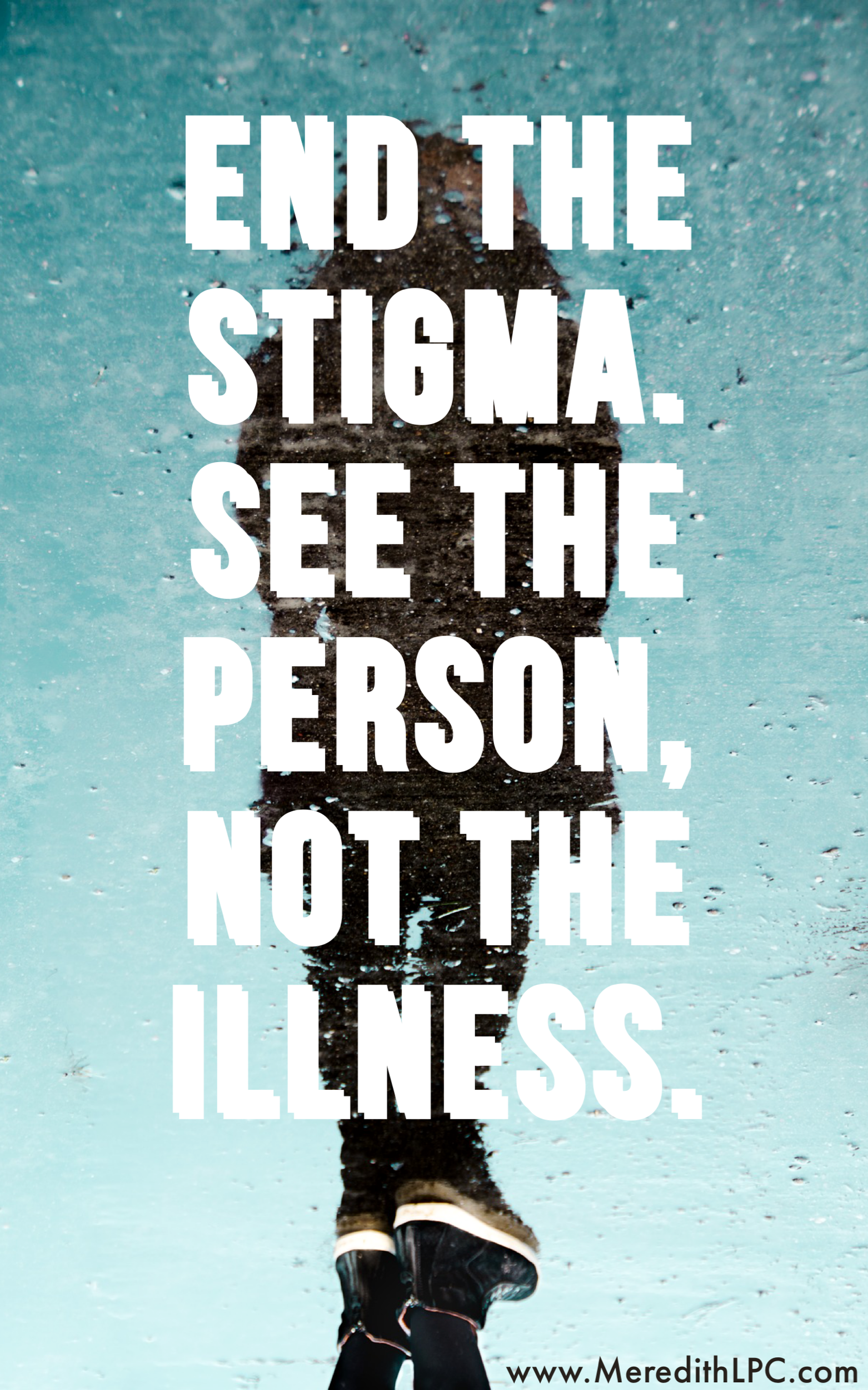7 Harmful Mental Health Phrases to Avoid
Most of us are aware that there is still a major stigma against mental health. This stigma can prevent people from getting the help and support that they need. That’s why the language we use is crucial, because we can be contributing to the problem without even realizing it. Read on to learn some words and phrases that you may want to avoid.
“She’s so crazy.” Labeling a person as “crazy” perpetuates mental health stigma. People can become afraid that they will attain this label if they seek mental health treatment, or if they confide in a friend about their struggles.
“He tried to commit suicide.” The word “commit” is associated with crimes and condemnation, when instead we should be treating those experiencing suicidal ideation with compassion and seeking to understand their pain. Alternatives to this phrase are “He died by suicide” or “He attempted suicide”.
“I’m OCD about organizing.” Obsessive Compulsive Disorder and Obsessive Compulsive Personality Disorder (two different, distinct diagnoses) can both be debilitating illnesses that interfere with a person’s quality of life. Casually making light of those diagnoses by describing a facet of your personality with “OCD” can be offensive to those who actually suffer from the diagnosis. Plus, the reference is usually used incorrectly, as OCD and OCPD are frequently misunderstood.
“You are so bipolar.” Again, inappropriately using a mental health diagnosis to describe someone’s behavior is unacceptable. It also contributes to the misconceptions about the diagnosis. Bipolar disorder is not the same thing as being moody.
“She’s an anorexic, schizophrenic, etc.” A person is more than their diagnosis. Describing someone in this manner reduces their being to their mental illness. Instead, say “This person has anorexia” or “This person has schizophrenia”.
“That made me want to kill myself.” Unfortunately, this still has to be said: Jokes about suicide are never okay.
“Don’t forget to take your happy pills.” Antidepressants are not happy pills, and calling them as such is not only stigmatizing but again, just factually wrong and contributes to the misunderstanding of how those important medications work. Antidepressants aim to reduce symptoms of depression, but they don’t create positive emotions.
The language you use around mental health does matter. In the future, you may want to reconsider using these terms. While certainly not everyone is bothered by these words and phrases, some people are, and you may be hurting someone around you without even realizing it.
#EndTheStigma



